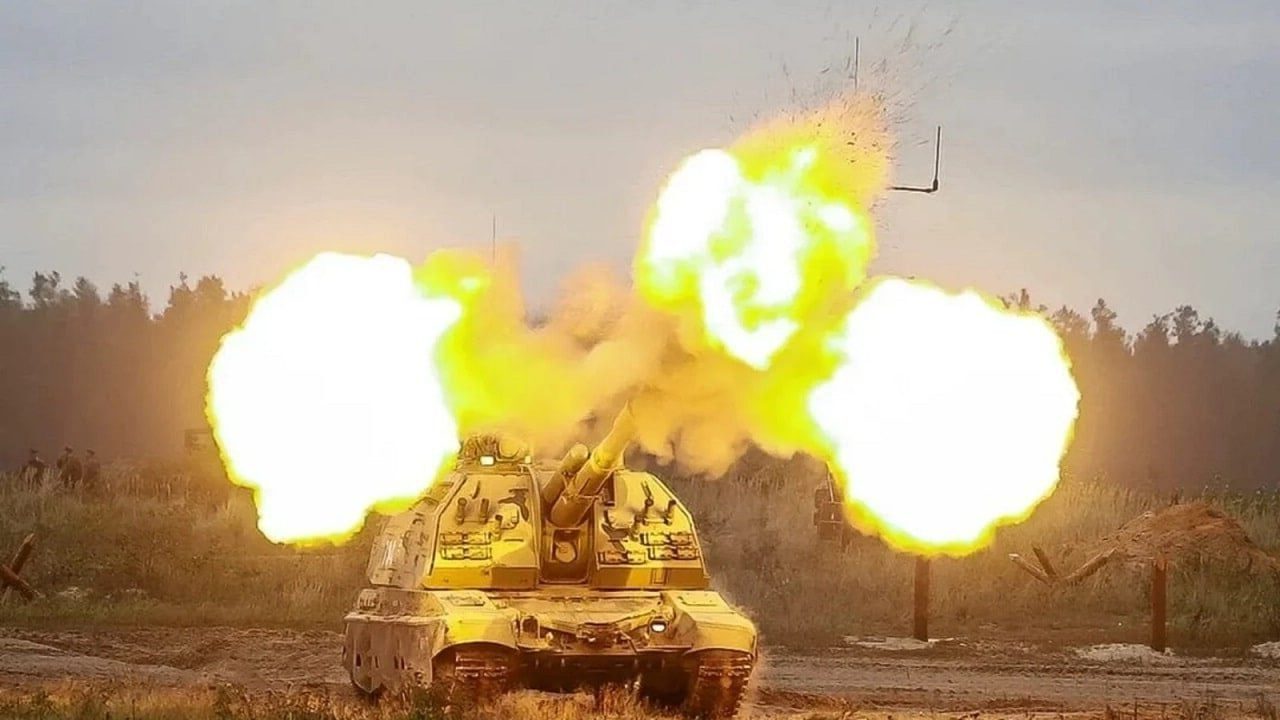It is no secret that the “special military operation” in Ukraine isn’t going well for Russia. More than seven months into the conflict and the Russian military is losing battle after battle, retreating back under the pressure of simultaneous Ukrainian counteroffensives across the battlefield.
The incompetence of the Russian military has resulted in extreme losses of men and equipment. The Ukrainian Ministry of Defense claims to have killed almost 60,000 Russian troops and to have destroyed more than 10,000 tanks, armored personnel carriers, infantry fighting vehicles, aircraft, artillery pieces, and other weapon systems.
One of the biggest questions in the war—until last week with the partial mobilization of 300,000 reservists—was why Russian President Vladimir Putin hadn’t escalated the war by calling a mass or partial mobilization or even deploying a tactical nuclear weapon to stem the Ukrainian counteroffensives.
The answer lies in the faulty understanding of Ukraine, its people, and its military.
How Russia Went To War
It still remains unclear as to why Putin decided to use his military in Ukraine unevenly.
At the beginning of the conflict, it seems that Putin believed the intelligence reports he was getting from the FSB. Putin, at the end of the day, is a former intelligence officer, and he is bound to pay more attention to and favor intelligence products over other means of information.
Those FSB reports indicated that Ukraine’s population would support the overthrow of Zelensky and his government, and the Ukrainian military would not or could not fight. So, Putin most likely sought a quick victory like with the 1979 KGB operation to overthrow the government in Afghanistan, which, in turn, started a bloody war that lasted ten years and bled the Russian military.
This is probably why the Russian military restricted its use of force in the opening days and weeks of the war: to preserve infrastructure for a friendly government.
Obviously, that never happened, and then the Russian military started using more brutal, indiscriminate techniques, with concomitant results. Russian forces leveled Mariupol in their attempt to capture it, and now the Russian administrators are having a hard time managing a city that was completely destroyed by the fighting.
As far as using cyberattacks and other advanced weapon systems, the Russian military may have withheld these because it did not need to use them because simpler alternatives could accomplish the same task. For example, in early May, Russia used ballistic missiles to take out power stations in Lviv rather than employing a cyberweapon. Missiles, at the end of the day, are more effective in all-out war than cyberattacks.
But the protracted nature of the war is depleting the Russian military’s arsenal, and precision-guided munitions are becoming increasingly hard to deploy against Ukrainian targets—many of which have no military value whatsoever and are targeted in anger, usually after some humiliating Russian defeat on the battlefield.

